It finally happened.
Somebody died from marijuana.
What’s that? You don’t believe it?
GASP!
I’m not surprised.
The cannabis community is often so skeptical of news suggesting that a person may have met their untimely demise as a result of the cannabis plant that they automatically shut down and get defensive when anyone mentions it.
“Hell no, weed never killed anybody, the media is lying,” they might assert, fully prepared to fight it out if they have to with anyone who says otherwise.
Many advocates assume these reports are government propaganda produced in the basement of the Pentagon to ensure that cannabis continues to be viewed, at least by enough of the population, as an evil, dangerous, addictive drug that wreaks havoc on society.
High driver dies in car crash. They say it wasn’t the weed that killed him, but those curbs will get ya. Person gets too stoned and dives from a third story window onto his head. It wasn’t the weed, it was that pesky gravity.
The diehards simply refuse to accept that their precious plant may have been responsible, even if only inadvertently, for someone’s funeral.
A Cannabis Worker Died on the Job
In this particular case, I assure you, marijuana brought about casualty. No question about it. Not only did the safest drug in the world prove violent, but it was the legal stuff too. There’s no use trying to discount the claim. No amount of chatter among the naysaying cannabis community will depreciate the news. The death is neither hearsay or propaganda. This is the obituary.
Even though there is documented evidence revealing that marijuana was indeed responsible for this person’s death, most readers will cry bullshit.
More to the fact, many of them will take retaliatory measures against the report, perhaps penning some colorfully worded hate mail to our editor, chock full of misspellings, factual inaccuracies, and exclamation points, to try and get us to come clean. “You are paid shills,” the hostiles will write. “Must be sponsored by Big Pharma.”
So, before we get everyone so riled up that their heads spin off their shoulders and they hurt themselves trying to write a nasty email, let’s be clear that the deceased in this case was not brought down by a marijuana overdose. There’s still no proof that over-consumption can lead to death.
The victim, however, did perish from “inhalation,” although it wasn’t voluntary. She wasn’t smoking it, snorting it or using it in any capacity that we know of at the time. She was killed producing it.
A report from the U.S. Department of Labor’s Occupational Safety and Health Administration (OSHA) shows that a female worker (27-year-old Lorna L. McMurrey) was packing pre-rolls in a Holyoke, Massachusetts facility run by Truelieve when she complained that “she couldn’t breathe.”
But nothing could be done. It was too late. An OSHA investigation into the incident showed the woman died from inhaling cannabis dust and keif (detached trichomes). Trulieve received a fine of $35,000 for not having proper safety standards in place to protect their workers.
People Refuse to Believe It
Despite this definitive account of death via weed – even if it was unrelated to consumption – cannabis fanatics are ready to burn a witch. “No one has ever died from cannabis ingestion, you idiot,” a man named Austin aggressively declared when asked about the case.
Another casual observer, while they suppose the Truelieve story is factual, remains skeptical as to whether her demise was the industry’s fault. “I guess you could die from dust, but I’ve worked in the most industrial settings in cannabis and it’s not dusty like a bakery or something,” 32-year-old Clayton said.
There was, of course, the one vocal advocate – let’s call him Steve – who wasn’t hearing any such nonsense, no matter how much evidence there was to support the woman’s death. He only wanted to put what he considered a bogus claim to rest. “Cannabis work is far from dangerous,” he declared.
Nevertheless, the story put people on edge. But why does it matter to them so much? The Bluntness set out to investigate why so many cannabis advocates go on the defensive when death is mentioned in relation to the cannabis plant.
We interviewed a slew of marijuana fans to gauge their knee jerk reaction to hearing that somebody died from pot. No other details were given other than a death occurred, and cannabis was responsible. The feedback was mixed.
Some of the respondents reacted, like smart men and women should, by asking for more details. They didn’t want to wage war before they had all the facts necessary to offer an educated retort.
“I’d like additional information, otherwise it’s just jumping to conclusions,” said Annamarie from Seattle, Washington.
Other hardcore defendants of the doob didn’t give two-flying squirts if we had additional details or not. As far as they were concerned, they were just bold-faced lies. “Cannabis is totally safe,” Richard from Des Moines, Iowa told us. “Any report of marijuana-related death is absurd.”
Meanwhile, a man named Kent was quick to reach for the medical degree he doesn’t have to educate us on the pharmaceutical impossibilities of the woman’s death. “Cannabis doesn’t affect your breathing, so you can’t die, period,” he asserts.
Well, we hate to break it to that snappy S.O.B, but he’s wrong, dead wrong. Cannabis does affect breathing, especially if someone, like the deceased Massachusetts woman, has been inhaling pot particles for hours on end in the workplace. But the chances of getting him to believe that are slim.
Even the experts question the legitimacy of this death.
Andreas Boekl, founder of Dispersa Labs, which manufactures an inhalable cannabis powder, argues that breathing in a substantial amount of cannabis matter might get a person high enough to spawn a panic attack, but he doubts it would be fatal. “Perhaps there was an underlying medical condition (e.g. asthma) that resulted in this becoming a lethal situation,” he suggests. “Another possibility was that the worker was on other medications and had a drug-drug interaction.”
Yet, those factors don’t appear to have anything to do with this death. “The employee could not breathe and was killed, due to the hazards of ground cannabis dust,” the OSHA statement reads.
Defensive Cannabis Advocacy to the Extreme
This article really isn’t as much about the tragic death of this woman – even though the lack of safety in the cannabis space is concerning – as it is about how cannabis advocates constantly throw up bullshit blinders when it comes to defending the overall safety of this plant.
Marijuana can do no wrong in their eyes. It is a gift from God or whatever alien civilization put us here, so it can’t be a conduit to peril. They often joke that the only way cannabis could kill a person is if a bale of it landed on them. But here’s the thing, that’s only funny because that particular scenario hasn’t happened.
As soon as CNN publishes a report about a person being sent to the grave after being crushed by a bundle of bud, I assure you the cannabis infused audience would grow suspicious. They simply won’t believe it. Nuh-uh, weed is just a plant. It’s light, too, totally safe. Pot’s cool. No way it would ever do that to a person. Their reactions would be painful and embarrassing.
Again, why is the cannabis community so touchy about weed being connected to death? Everyone expires at some point and most of the products on the market can kill us in some capacity – even cannabis, as we have learned – so why die on that hill?
It’s almost as though these people are convinced that if the federal government finally recognizes that cannabis has a low body count – much lower than alcohol – lawmakers will see the error of their ways and end prohibition.
They might even start distributing free, legal weed, much like the good old days of government cheese, to every citizen who can’t afford the high sticker prices on the statewide stuff. Maybe the president would even announce the Government Weed initiative on every major news network.
Their thinking, at least presumably, is that we must suppress all cannabis-related news that suggests negativity, especially when death is involved, or else the cannabis plant will never be free from the confines of prohibition. Well, farts. Listen, death doesn’t drive legality in this country. None of the lawmakers care if marijuana causes their constituents to drop dead or suffer health issues.
Furthermore, not all political powers are convinced that legalization is the best path to drug reform. After all, statewide markets are failing – if it won’t go over in California, it’s probably not going to work nationwide – while Canada’s fully legal national market isn’t exactly a pillar of prosperity.
Death isn’t even on the radar on Capitol Hill, only a lack of profitability. As it stands, with legal cannabis operations being forced to pay in upwards of 70 percent in federal tax to remain in operation, Uncle Sam is already poised to collect over $18 billion in taxes from legal marijuana by 2025. Legalizing would only serve to diminish the pot. They’ll discuss death after taxes!
Need a little more Bluntness in your life? Subscribe for our newsletter to stay in the loop.
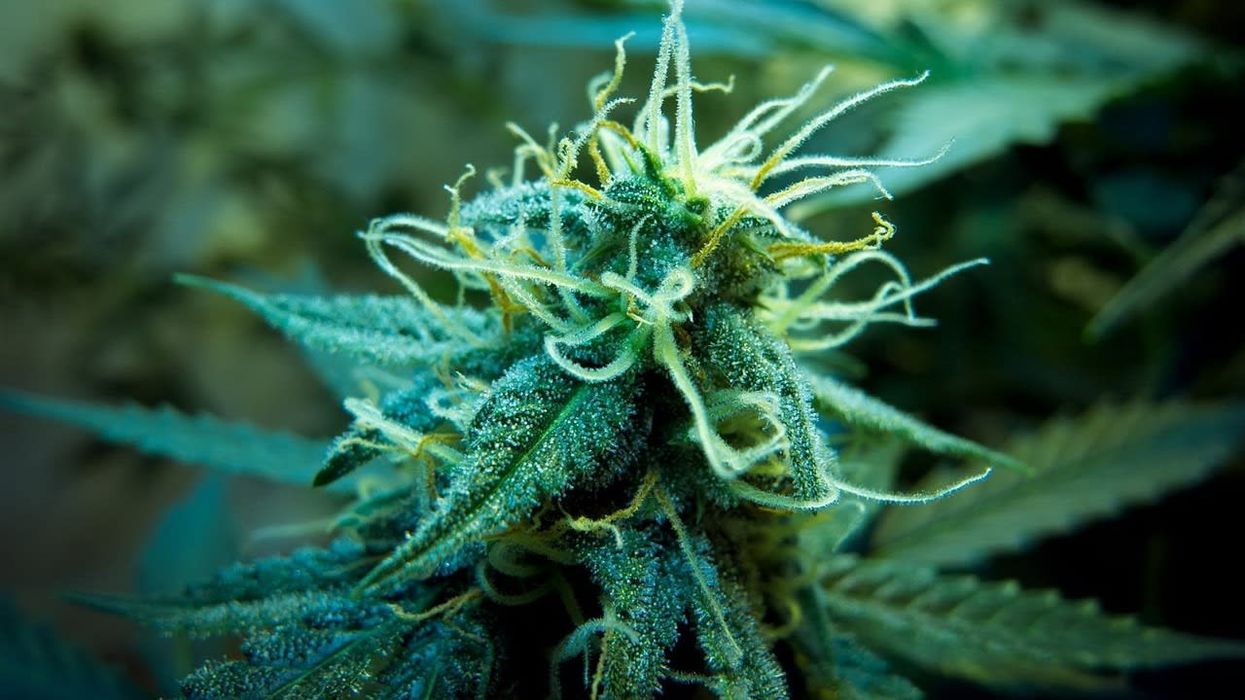






 11 Signs You've Greened Out and How to Handle It - The Bluntness
Photo by
11 Signs You've Greened Out and How to Handle It - The Bluntness
Photo by  11 Signs You've Greened Out and How to Handle It - The Bluntness
Photo by
11 Signs You've Greened Out and How to Handle It - The Bluntness
Photo by 

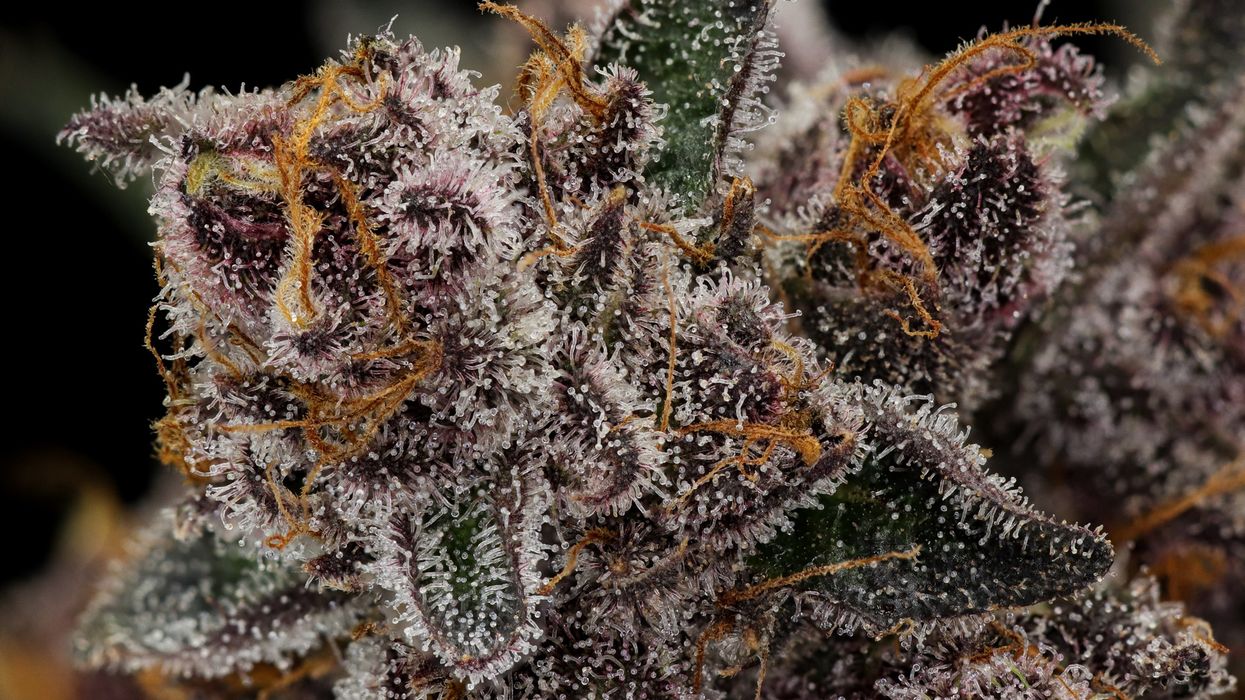




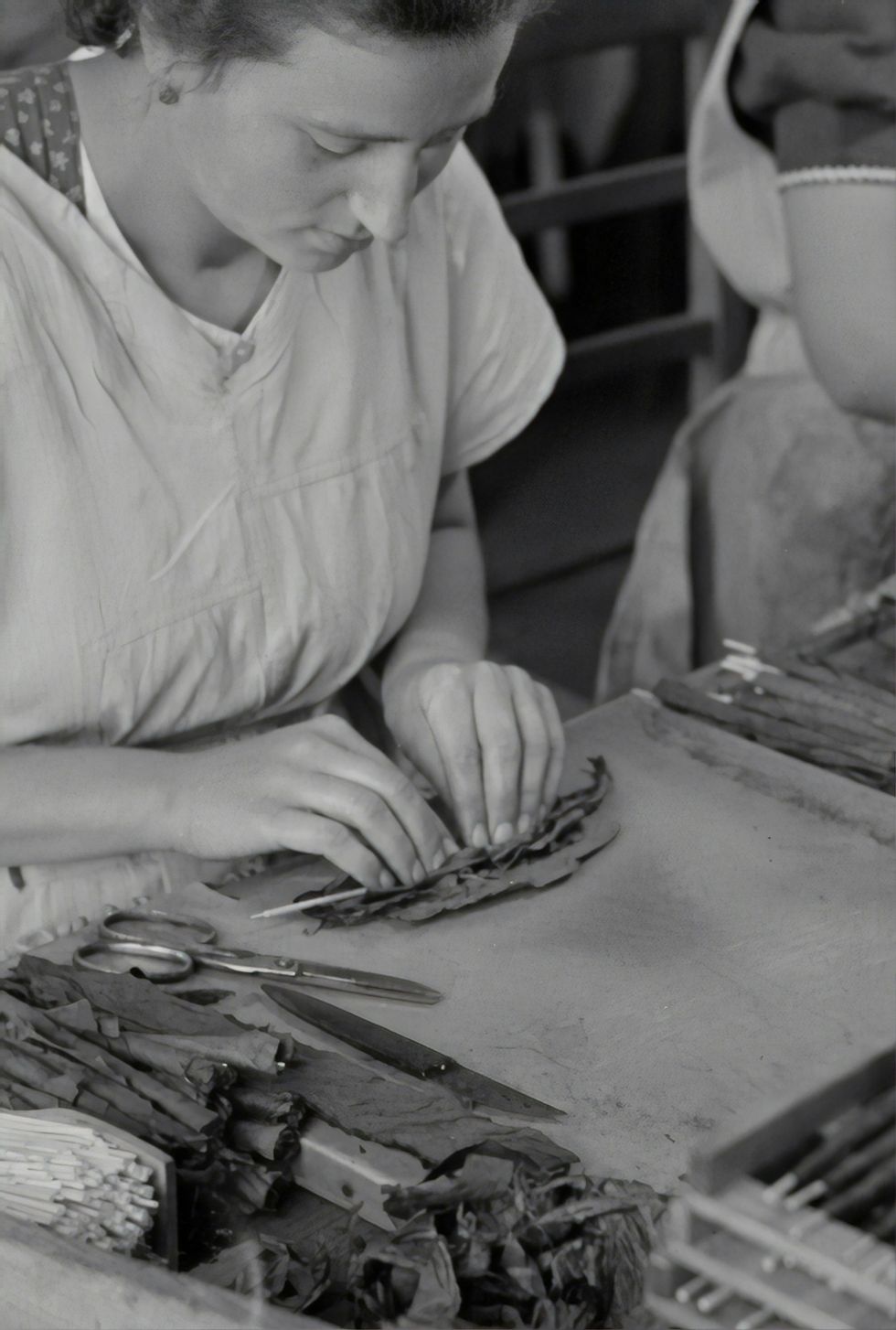 How to Make a Cannagar Without a Mold: A Comprehensive Guide - The Bluntness
Photo by
How to Make a Cannagar Without a Mold: A Comprehensive Guide - The Bluntness
Photo by 
 What will you do with that cannabis kief collection? - Make Coffee! The Bluntness
What will you do with that cannabis kief collection? - Make Coffee! The Bluntness DIY: How to Make Kief Coffee - The Bluntness
Photo by
DIY: How to Make Kief Coffee - The Bluntness
Photo by 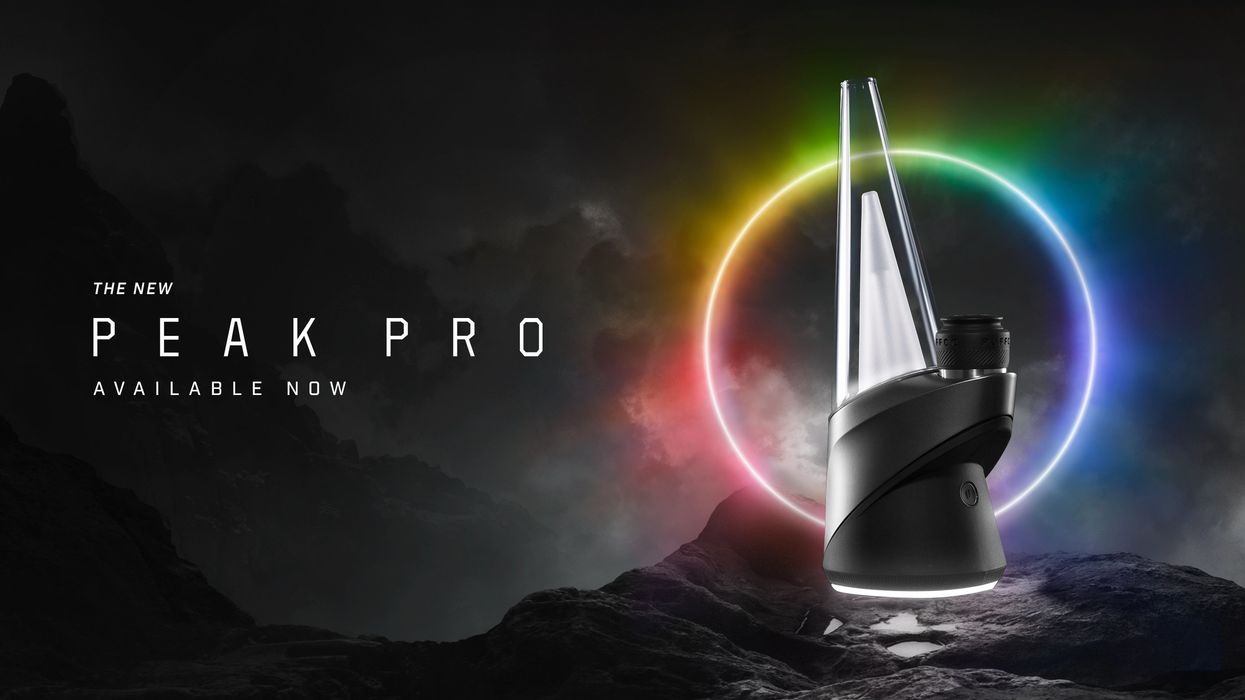
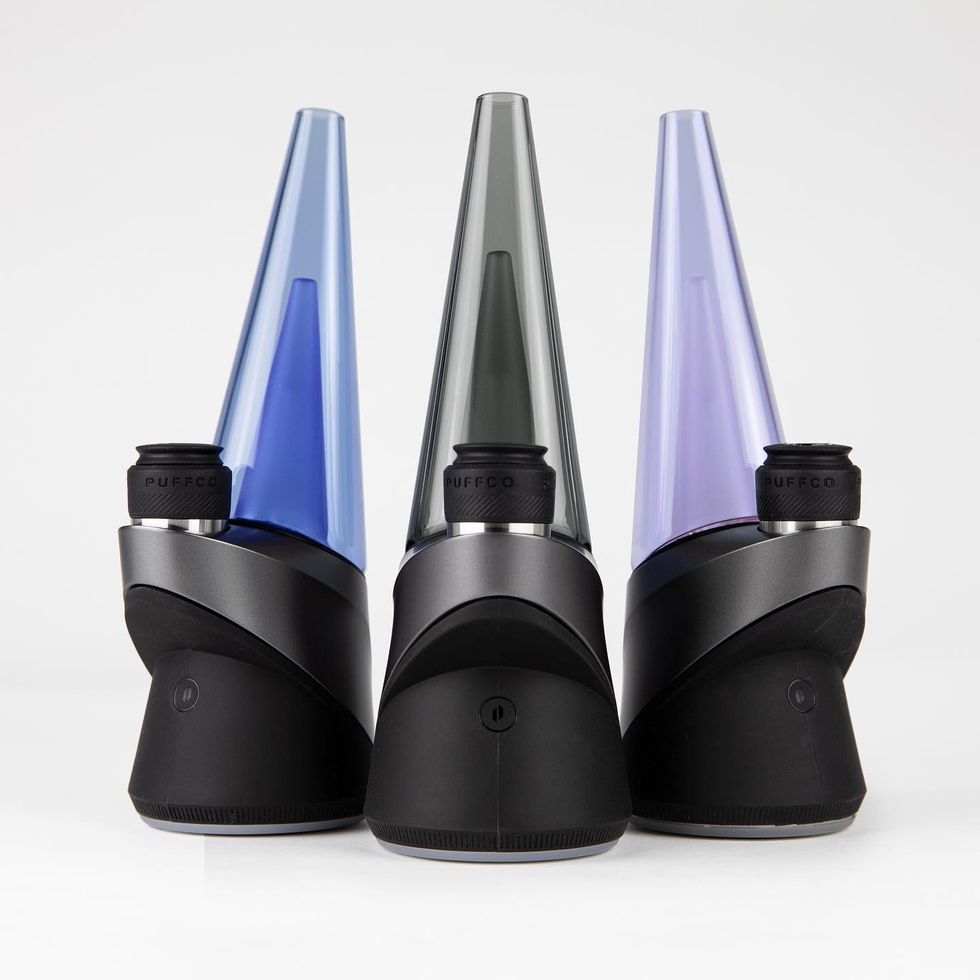 The Puffco Peak Pro brings style and ease to cannabis dabbing.Image from Puffco on Facebook
The Puffco Peak Pro brings style and ease to cannabis dabbing.Image from Puffco on Facebook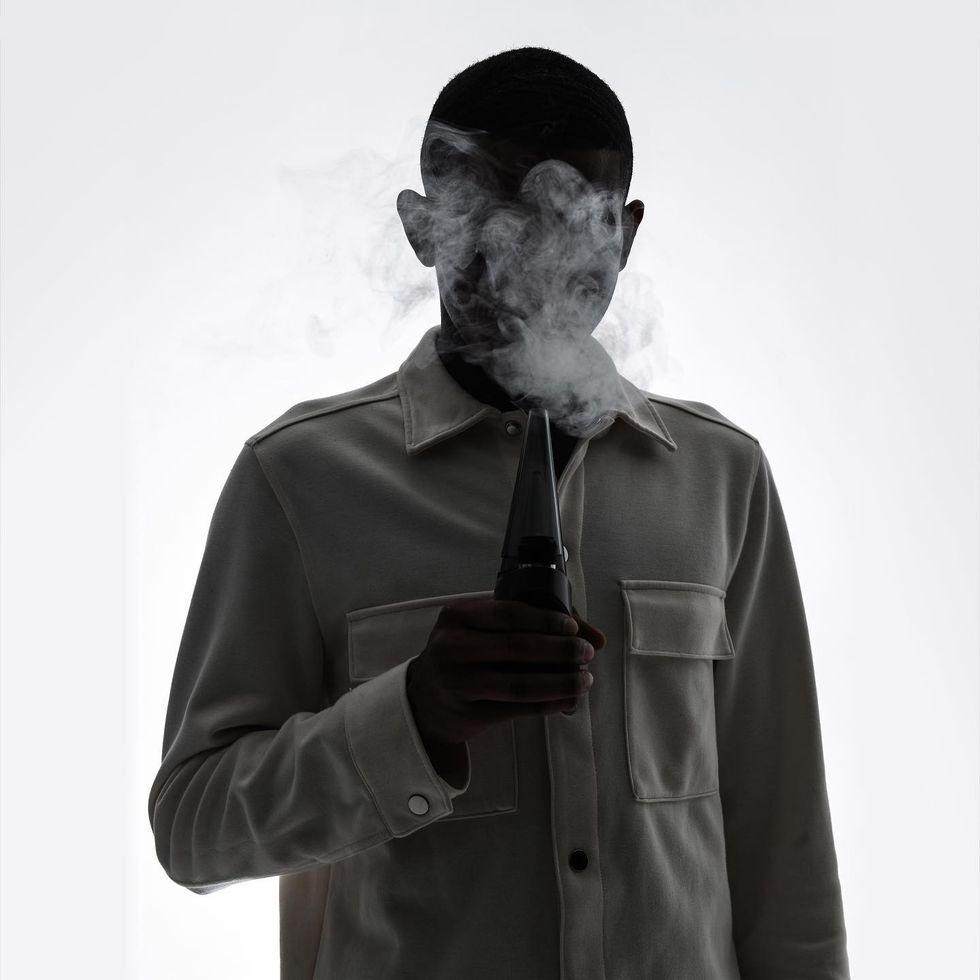 The Puffco Peak Pro is easy to hold AND easy to use.Image from Puffco on Facebook
The Puffco Peak Pro is easy to hold AND easy to use.Image from Puffco on Facebook The Puffco Peak Pro allows you to appreciate cannabis and innovation at the same time.Image from Puffco on Facebook
The Puffco Peak Pro allows you to appreciate cannabis and innovation at the same time.Image from Puffco on Facebook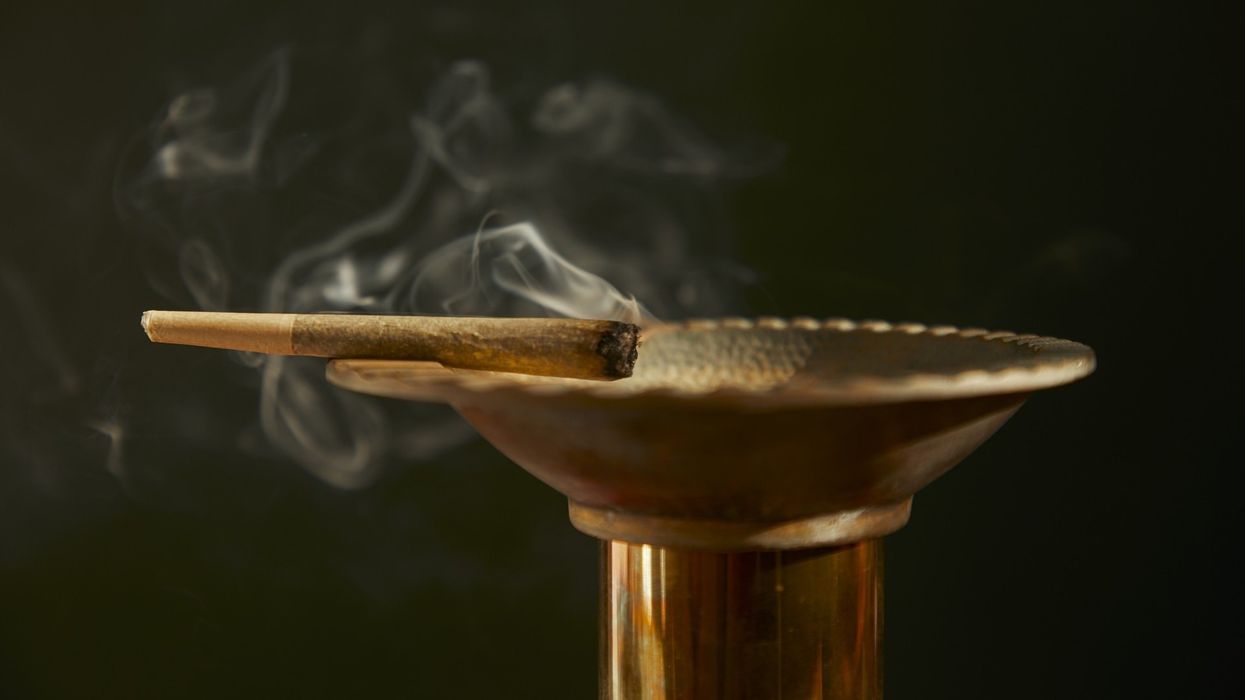
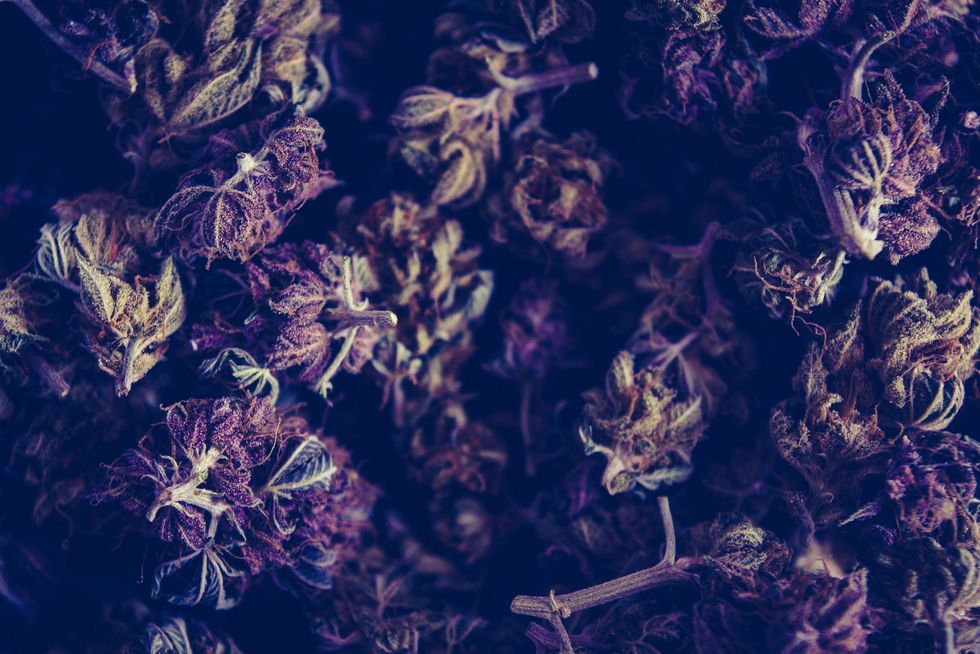 What is reggie weed? - The Bluntness
Photo by
What is reggie weed? - The Bluntness
Photo by